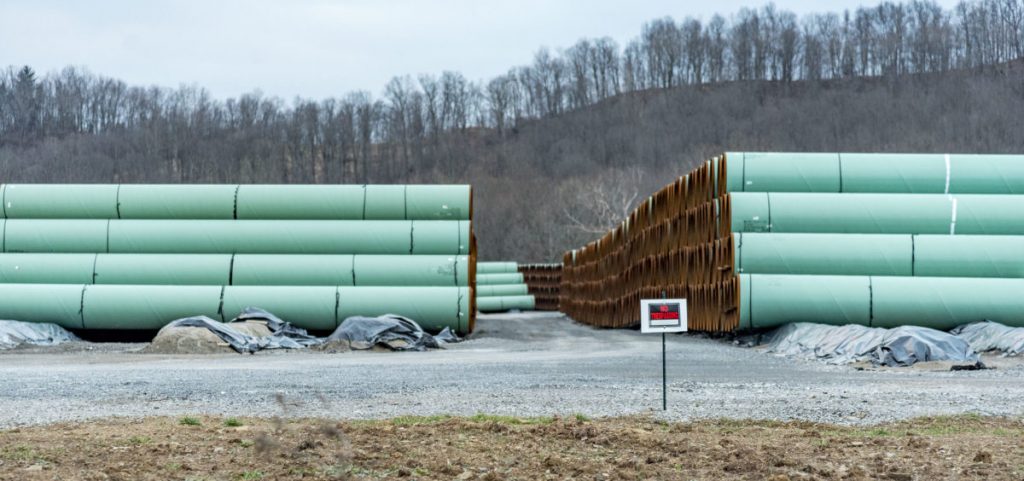John Yang:
For the second time in the last three weeks, the Biden administration has moved forward on plans to drill for oil in federally owned lands. This week, it auctioned off a massive stretch of the Gulf of Mexico 73 million acres, roughly the size of Arizona.
Earlier, the administration approved the controversial Willow project in Alaska, an $8 billion oil drilling venture. As a candidate, Biden promised to move the United States away from fossil fuels.
Ben Lefebvre covers the energy industry for politico. Ben, as a candidate in 2020, he said, Mr. Biden said no more drilling on federal lands. No more drilling, including offshore, no ability for the oil industry to continue to drill, period. So what happened? What’s going on?


